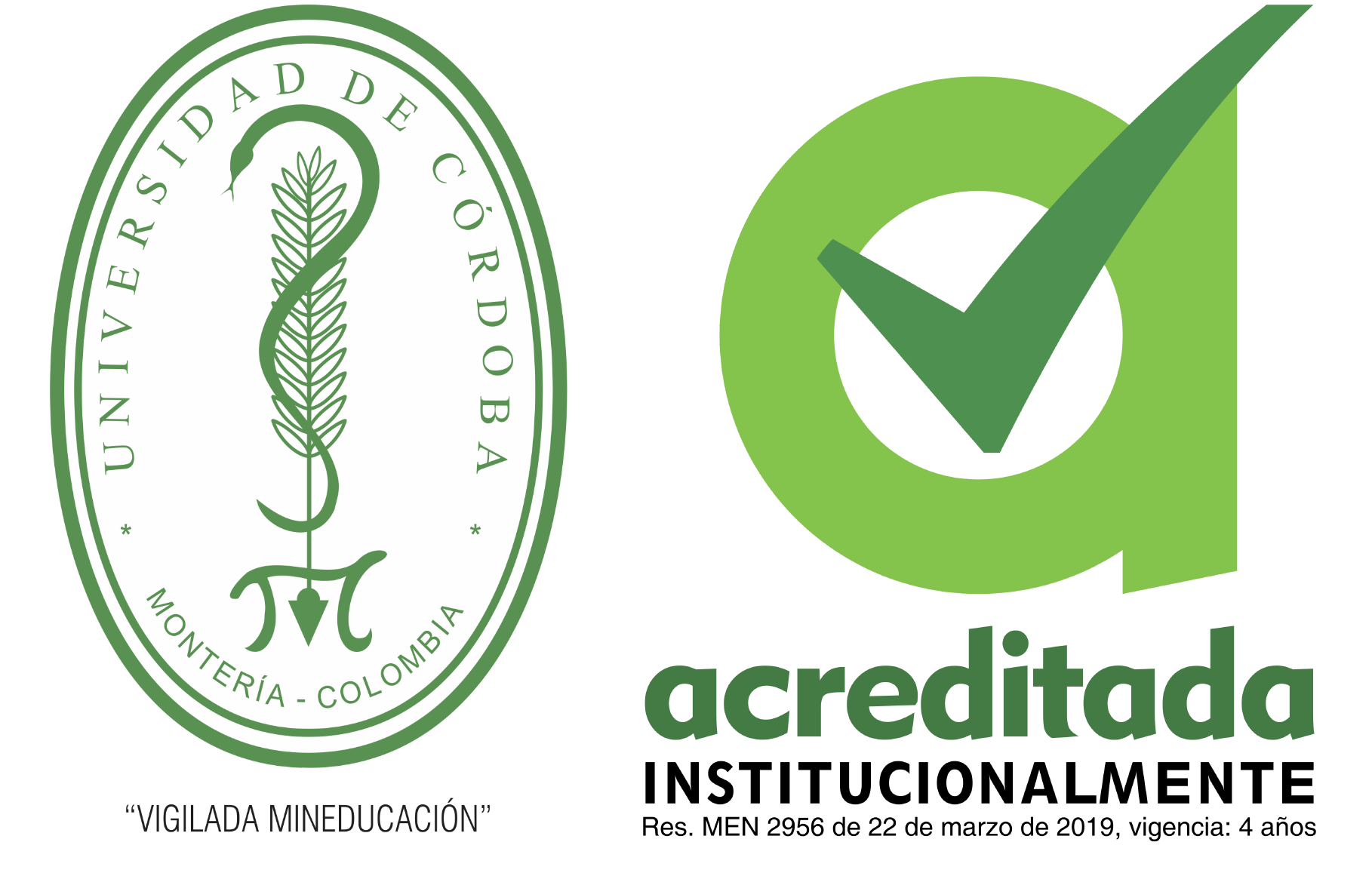Show authors biography
Objective. to establish the diagnostic and therapeutic criteria that allow health professionals to be supported around urinary tract infection in pregnancy. Materials and methods. answered clinical questions were asked, the outcomes were measured and a systematic search was made. A search for systematic reviews, clinical trials and observational studies was performed in different electronic databases in Medline (Elsevier, Embase, EBSCO, Interscience, Pubmed, Ovid, SciELO and Scopus), between 1980 and 2019. Results. urinary tract infection in pregnancy is a frequent condition, which can affect the pairing (mother-fetus), potentially controllable through timely diagnosis and treatment. Conclusions. urinary tract infection in pregnancy represents a syndrome with adverse consequences of maternal-fetal well-being. Escherichia coli is the most frequently isolated germ. Urinalysis and urine culture are diagnostic criteria tests. ß-lactams remain antibiotics in the first therapeutic line.
Article visits 2056 | PDF visits






